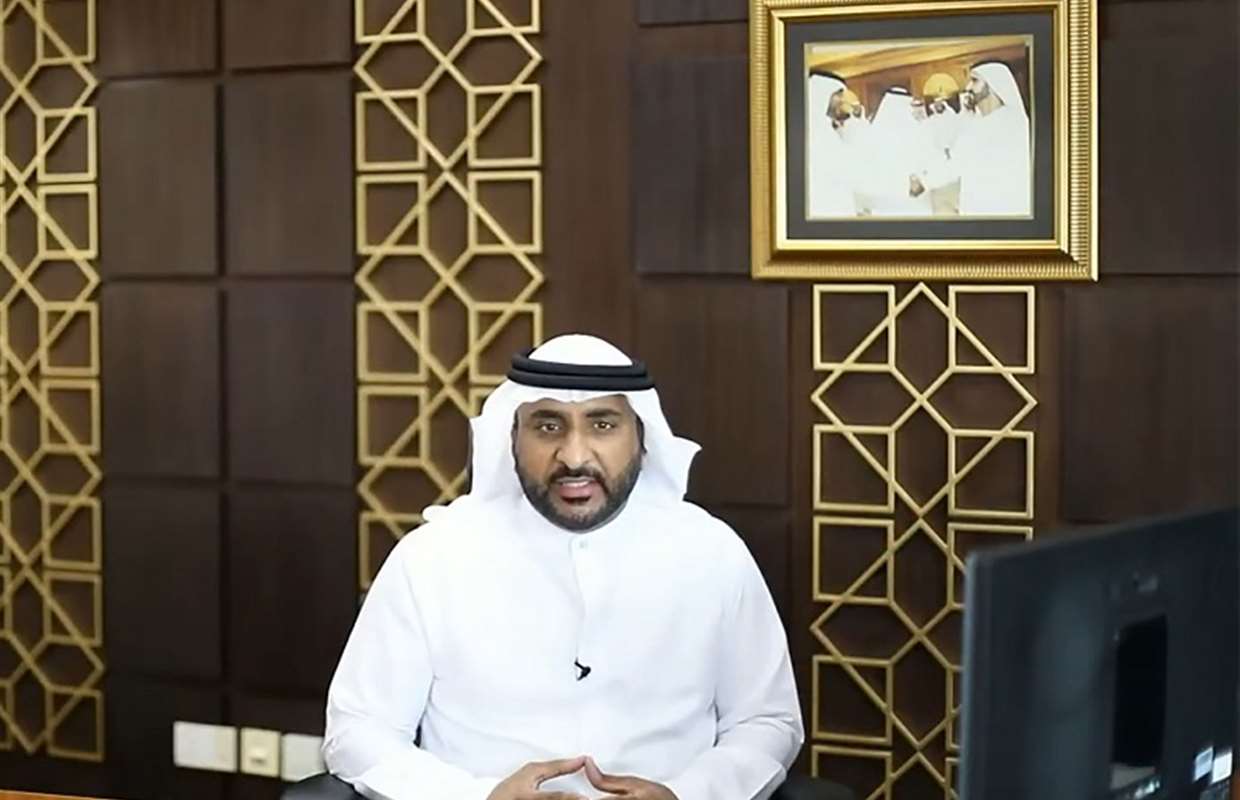
“There will be no place for traditional airports to operate without advanced and smart technologies inthe future which stresses the absolute necessity for airports of the future to enhance security andfacilities enabled with smart devices,” said Major General Khalifa Ibrahim Al Saleis, CEO, SecurityIndustry Regulatory Agency (SIRA).Delivering the keynote speech on Future Technologies Enhancing Airport Security at the Global AirportLeaders Forum at the Dubai Airport Show 2021, he said Dubai airport sits in the Prst place in the worldon the number of international travellers with 89.1 million travellers in 2019, according to WAM.According to the Airport Council International, in the year 2018 there were 8.8 billion passengers atworld airports. In 2040, the number is expected to increase to 19.7 billion.These large number of travellers means that travel procedures need to be simpliPed, while maintainingthe safety and security at the airports and passengers.“We all know that security emigration and health check procedures which make long hours of delay arenecessary and cannot be avoided. Smart airports are the future of air travel because of the smartdevices provided to reduce waiting queue, waiting time, reduction in queue for passport control,security check and at duty-free and other outlets.“Smart counters resulted in reducing waiting time, waiting queues, waiting time for passport control,security check, and duty-free and other outlets. In 2018 and 2019 it was recorded that 78% users ofthese services were economy class passengers, which helped avoid crowding and reduction in waitingtime at the terminal.“The use of smart phone application for travel procedure, such as printing boarding pass, advanceticket booking, reduced the waiting time at the airports achieved social distancing,” he said.In 2018 and 2019, 40% of Emirates airline passengers used online check-in service. Self-registrationkiosks at the airports reduced human contacts that helped social distancing. It is estimated that theseprocedures reduced at least 30 per cent of time spent at airports.The use of advance technology, smart-gate and smart tunnel, introduction of digital passportsupported by biometric technology speed up the travel procedure.The digitalisation of visa and certiPcates using blockchain technology and digital encryption makes itexceedingly di[cult to tamper with the documents, especially when it is linked with biometric andPngerprint identiPcation technology.The use of smart gate at Dubai airport reduced the time for completing travel procedures at theemigration and passport control to 15 seconds. The use of smart tunnel for passengers at Dubaiairport led to reduction in time to 9 seconds without the need to stop at the emigration counters.Personal research is considered one of the most di[cult and time-consuming procedures at airports.However, technologically advanced devices are available now for personal search without humaninvolvement, which will be one of the basic requirements for all smart airports in the future.The advanced smart search devices are expected to handle over 900 passengers per hour. These willbe deployed over the next few years. The use of special application for smartphones by travellers tocomplete the travel procedure also act as devices to know the location of the passengers.
SOURCE:
https://www.cbnme.com/logistics-news/smart-airports-are-the-future-of-air-travel-maj-gen-khalifa-ibrahim/